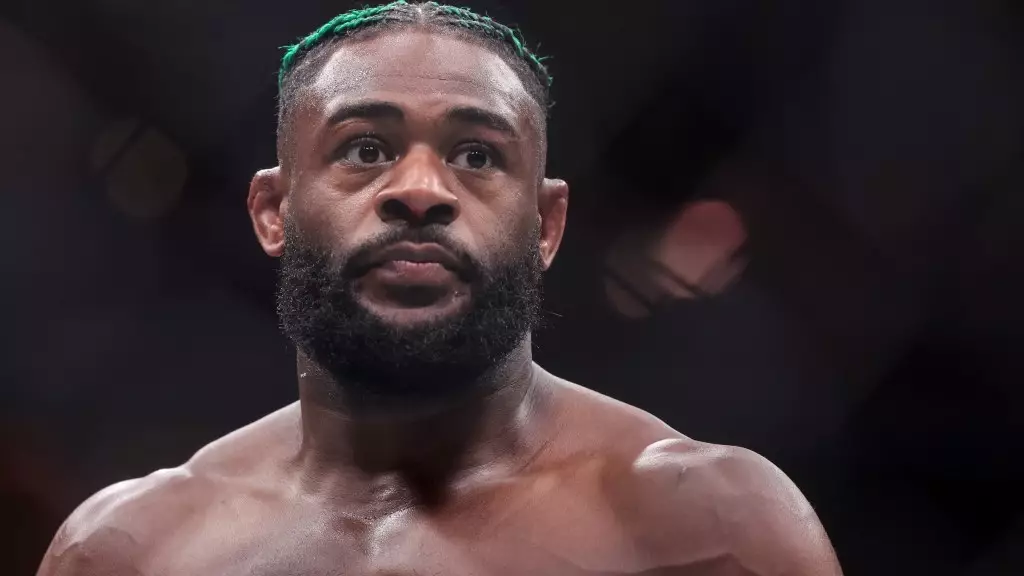UFC events are often filled with excitement, anticipation, and a fair share of unpredictability—especially when it comes to fight placements. Aljamain Sterling, a former UFC Bantamweight champion, faced a curious situation regarding his upcoming fight against Movsar Evloev. Scheduled for the prelims of UFC 310 at T-Mobile Arena in Las Vegas, Sterling’s matchup fell short of the main card, which raised eyebrows among fans and pundits alike. With an impressive record of 24 wins against only 4 losses in MMA, and 16 wins in the UFC, Sterling’s status typically commands more attention. In this case, Sterling’s feelings vacillated between confusion and acceptance, as he shared on his YouTube channel.
Despite the baffling placement, Sterling’s competitive spirit remains undeterred. He expressed a keen sense of determination to transform what many might view as an insult into an opportunity. By earnestly approaching his fight, he aims to demonstrate not only his prowess inside the Octagon but also emphasize that the decision-makers at UFC are misjudging his value as a fighter in the larger picture. Sterling pointed out that while such ranking decisions may stem from organizational protocols, he believes that it ultimately falls upon him to enforce respect through actions—not words.
His readiness for this high-stakes challenge is palpable; with Evloev holding an impressive undefeated record of 18-0, the stakes have never been higher. Sterling remains confident that should he secure victory, it will send undeniable shockwaves through the organization, prompting discussions about future placements not just for him, but for fighters of similar caliber.
Fighter placements on cards often ignite debates about the fairness and rationale behind such decisions. In this instance, a featherweight clash between Bryce Mitchell and Kron Gracie was given the coveted main card spot, a move that some fans believe was less than optimal given Sterling’s repute. This dichotomy reveals a complex relationship between fan perception and organizational strategy—essentially, who deserves the spotlight and how those decisions are constructed.
Such scenarios—where well-respected and accomplished fighters are relegated to the prelims—can lead to a perception of injustice within the sport’s community. While promotional choices may be based on various marketing strategies, they can inadvertently lead to talented athletes, like Sterling, feeling discredited. Yet, this situation may also serve as an impetus for fighters to strive for even greater performances, proving their worth to audiences and organization alike.
As Sterling prepares for UFC 310, his chance to make an indelible mark against Evloev is not just a fight; it’s a statement. It stands as a reminder that even amidst setbacks, the drive to excel can ignite change. The ultimate goal for any fighter is not just showcasing skill but also earning respect—an achievement that holds more weight than any ranking on a card. If Sterling can perform as expected, he might catalyze a discussion around fighter placements that could profoundly impact the sport in the future.

